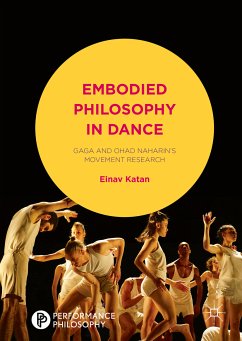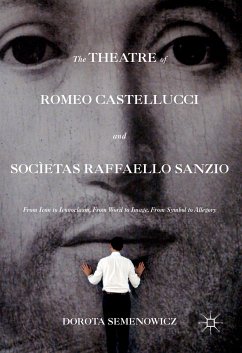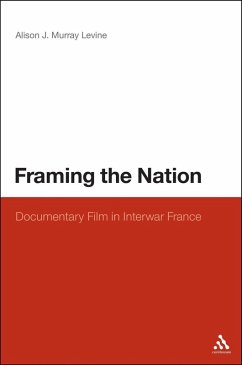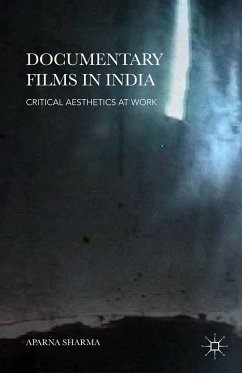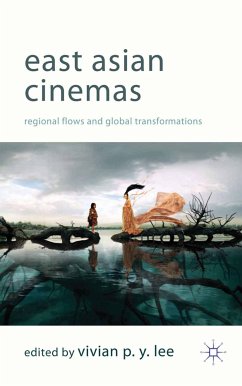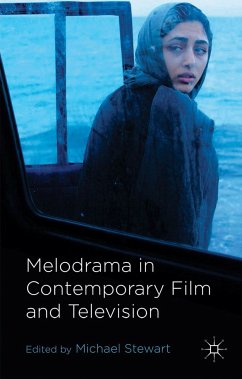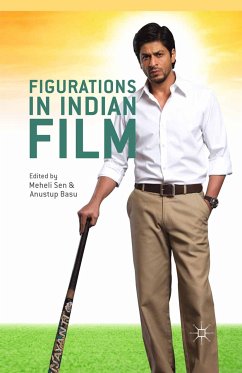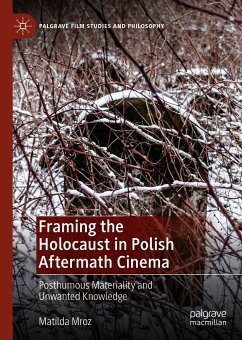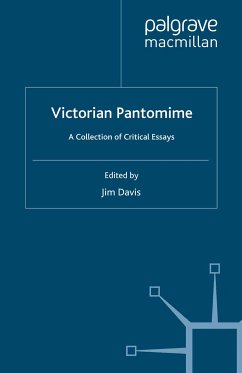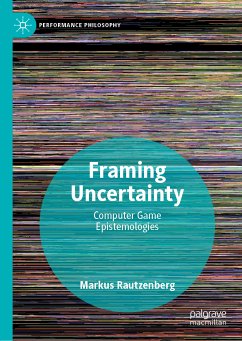
Framing Uncertainty (eBook, PDF)
Computer Game Epistemologies
Versandkostenfrei!
Sofort per Download lieferbar
48,95 €
inkl. MwSt.
Weitere Ausgaben:

PAYBACK Punkte
24 °P sammeln!
This book presents a compilation of articles on the subject of game studies written over the last ten years. These texts reflect a decade of research in European computer game studies from a theoretical perspective that combines philosophy, cultural studies, visual studies, and media studies in a way that is unique to a specific type of media theory developed in Germany over the last thirty years. This theory differs quite significantly from media studies as usually conceived in Anglo-American academia, providing new perspectives that are rooted in continental philosophical traditions ranging ...
This book presents a compilation of articles on the subject of game studies written over the last ten years. These texts reflect a decade of research in European computer game studies from a theoretical perspective that combines philosophy, cultural studies, visual studies, and media studies in a way that is unique to a specific type of media theory developed in Germany over the last thirty years. This theory differs quite significantly from media studies as usually conceived in Anglo-American academia, providing new perspectives that are rooted in continental philosophical traditions ranging from phenomenology to post-structuralism and newer forms of "presence studies" in aesthetic theory.
The book provides (1) an introduction to a continental approach to game philosophy; (2) an aesthetic theory of computer games rooted in concepts of performativity and epistemology; and (3) an introduction to an interdisciplinary approach to game studies that is based on philosophical perspectives on the subject matter.
The book provides (1) an introduction to a continental approach to game philosophy; (2) an aesthetic theory of computer games rooted in concepts of performativity and epistemology; and (3) an introduction to an interdisciplinary approach to game studies that is based on philosophical perspectives on the subject matter.
Dieser Download kann aus rechtlichen Gründen nur mit Rechnungsadresse in A, B, BG, CY, CZ, D, DK, EW, E, FIN, F, GR, HR, H, IRL, I, LT, L, LR, M, NL, PL, P, R, S, SLO, SK ausgeliefert werden.



